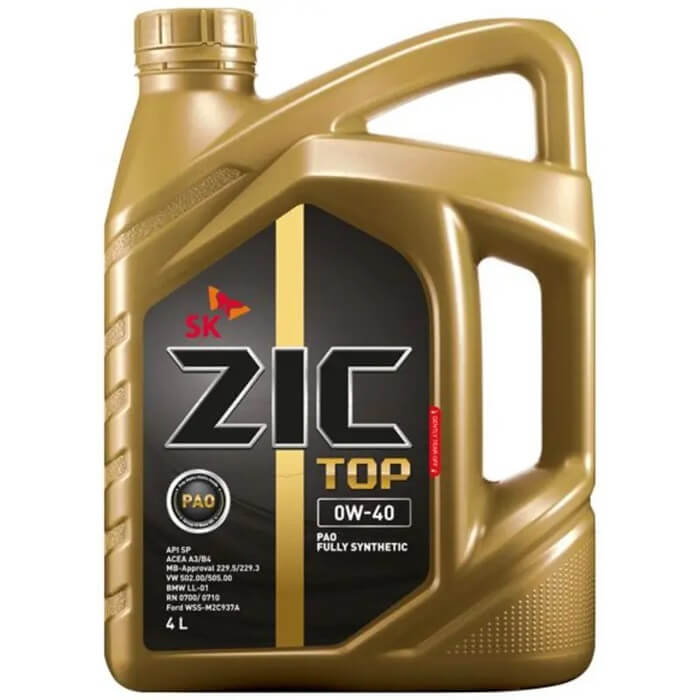Regular oil changes at scheduled intervals are important to preserve a car’s internal combustion engine in a suitable shape. Many common types of engine oil are on the market, and drivers frequently have trouble telling them apart and selecting the best one for their engine.
Because every oil has its characteristics, drivers want to educate themselves to find refined oil for their cars, especially for BMW and Mercedes. This method protects the engine’s efficiency, which is a big part of how nicely it works and how long it lasts.
What Are the Differences Between 0W30 and 0W40 Motor Oils
1. Universal Oils for Every Season
Both 0W30 and 0W40 motor oils are considered suitable for all seasons. Usually, they want to be changed every year or after 9,000 to 15,000 kilometers (5600 to 9300 miles).

2. Suitability for Temperature
It is feasible for each of these 0W oils to work properly at temperatures as low as 35°C to 40°C (31°F to 40°F) or even decrease primarily based on how they are made.
3. Differences in Viscosity
The thickness of these oils is exceptional when the engines are running, mainly at their most accessible temperatures. In this case, the viscosity sign for 0W40 oil must be between 12.5 and 16.2 mm³/s when the machine is at 100°C (212°F). From this factor of view, 0W40 is thicker and makes a denser layer on the engine surfaces than 0W30.

Winter Performance and Temperature Impact:
Performance in cold weather and temperature affects winter suitability.
Both 0W30 and 0W40 oils can be used in the winter. However, adjustments in temperature can affect how nicely the engine generally works, mainly when the temperature is lower.
1. Differentials
When put next to each other, it was clear that 0W30 and 0W40 motor oils have exclusive qualities. It is essential to know that 0W40’s greater viscosity makes it more difficult to flip the engine. It seemed like 0W30 used to be 9%, much less sticky than 0W20 at 30°C (22°F).
2. Common Misconceptions
Many drivers might believe that the two viscosities are similar. However, there are misconceptions about 0W30, such as the idea that it is lighter than 0W40 and flows better at low temperatures. It works fine for vehicles that do not have to deal with heavy climate or freezing temps very often.
Similar Posts:
Best Cases of Use
1. Engine Protection
0W40 oil is suitable for cars operating in diverse climates and with high-horsepower engines. It offers effective lubrication when the engine is cold, preventing components from excessive friction.
2. Performance at High Temperatures
There may not be a big difference between 0W30 and 0W40 at high temperatures. However, 0W40 oil works well at temperatures as high as 100°F (37°C). Even after prolonged use in warm weather, it remains smooth and doesn’t build up internal engines.
Is 0W40 better than 0W30?
Yes, It may be better to use 0W30 instead of 0W40 in warmer areas; however, 0W40’s more suitable consistency is better for protecting high-performance engines in challenging circumstances. Before you change oils, consult your manuals and seek advice from a professional. Knowing the differences between them is necessary for making certain the engine works effectively and is safe.
Conclusion
When cool outside, 0w30 and 0w40 motor oils work fine because they have greater viscosities and can perform their jobs better.
In cold weather, 0W40 motor oil performs slightly better. In the summer, Your car’s engine runs better because the friction decreases when the temperature rises within the normal working range. This is due to the fact the oil works properly in warm conditions.


![0w30 Vs 0w40 Engine Oil: Which Performs Better? [Explained] 0w30 Vs 0w40](https://carstale.com/wp-content/uploads/0w30-vs-0w40-engine-oil-1024x576.jpg)